
NaNoWriMo: This is Your Year
November is National Novel Writing Month. If you’re not familiar with this fact, you may have only heard its Mork-like abbreviation: NaNoWriMo. What began in 1999 in San Francisco, with a small group of 21 participants, has grown to half a million. The goal is to complete a 50,000 word novel in 30 days—extremely achievable if you write every day, and even with a few days off throughout. Emphasizing on finishing versus trying to create the perfect Great American Novel makes the mission even more attainable.
Sometimes it seems like there are more people out there producing websites, apps, blogs, and advice books for NaNoWriMo than there are people actually participating. Everybody’s got some magical gem of wisdom to share on the topic. There are lists of best practices, rules, golden rules, contract templates for loved ones to sign, agreeing to “Leave Mommy Alone,” and even some advice lists for NaNoWriMo widows and widowers. Amazon returns 370 results when searching for books on NNWM. There’s so much help out there, it’s exhausting and a little overwhelming.
 Some may be so intimidated by this apparent machine grinding away every year, with hundreds of thousands of people who actually know what they’re doing, that they give up before they’ve even begun. They missed the boat. Spoilers: there are maybe three people who know what they’re doing, and there’s no boat. You don’t need a million websites, or a personal coach, or a NaNoWriMo Nanny (NannyWriMo, if I may), or anything other than your creativity, and a thing with which to capture the output from said creativity. Ideally, that thing would be a computer with a keyboard and word processor program.
Some may be so intimidated by this apparent machine grinding away every year, with hundreds of thousands of people who actually know what they’re doing, that they give up before they’ve even begun. They missed the boat. Spoilers: there are maybe three people who know what they’re doing, and there’s no boat. You don’t need a million websites, or a personal coach, or a NaNoWriMo Nanny (NannyWriMo, if I may), or anything other than your creativity, and a thing with which to capture the output from said creativity. Ideally, that thing would be a computer with a keyboard and word processor program.
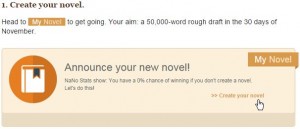 If you want to go all official with your mission, you do need to sign up on the group’s website (I recommend going straight to this page—read it, then click on one of the My Novel links, register, and you’re set). It’s super simple, and taking that first step will go a long way toward steeling your resolve. Try not to get to buried in the site’s minutia, though, if you’re still skittish. You just need to start. That’s the key. If it helps you to map out each day on a calendar, great. If you want to track your progress with a smartphone app, do it. But just be cool. Don’t go crazy here. You’re a writer this month—you don’t have time for too much of that non-writing nonsense.
If you want to go all official with your mission, you do need to sign up on the group’s website (I recommend going straight to this page—read it, then click on one of the My Novel links, register, and you’re set). It’s super simple, and taking that first step will go a long way toward steeling your resolve. Try not to get to buried in the site’s minutia, though, if you’re still skittish. You just need to start. That’s the key. If it helps you to map out each day on a calendar, great. If you want to track your progress with a smartphone app, do it. But just be cool. Don’t go crazy here. You’re a writer this month—you don’t have time for too much of that non-writing nonsense.
But … if you’re a list person and want to know some things that have worked for many, here are some handy ones the L.A. Times posted (plucked from one of those aforementioned books):
– Take risks and swing for the fences.
– Drink coffee. A lot of coffee.
– Make a playlist to be your novel-writing soundtrack.
– The first week is easier than the second week
– Lower your standards for household cleanliness. You can clean in December.
– If you are stuck for finding a quiet place in your house to write, try the bathroom. People rarely interrupt when you’re in the bathroom.
– Back up your work; emailing pages to yourself is a good option.
– Don’t edit what you’ve already written — keep moving forward.
– Take occasional breaks while writing to step outside.
– Reward yourself for work completed
– Don’t give up.
Personally, I would preface this list with the most important item of all: start.


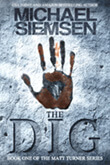
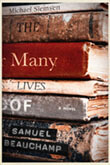
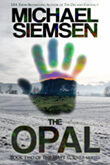

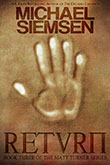
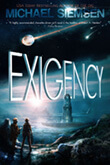
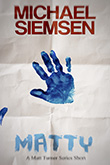
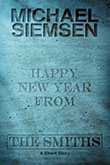
Comments (1)